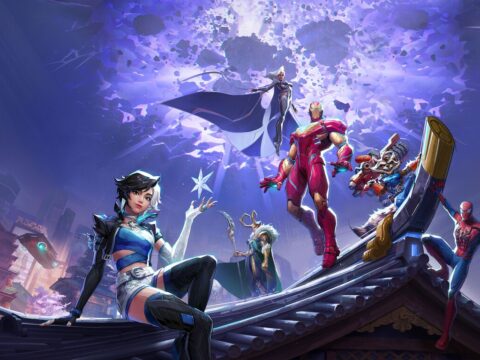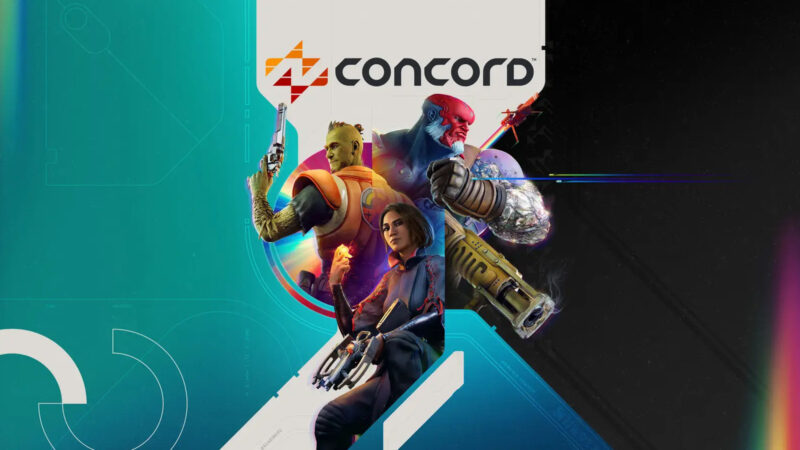Rapid shutdown of the superhero shooter game Concord and the following closure of its developer, Firewalk Studios, was bound to be a topic during Sony’s next financial briefing. It’s likely to raise eyebrows considering Sony’s investment in the game, estimated to be as high as $200 million, and the game’s short lifespan post launch.
Would Sony learn from their Concord experience? And if so, would the right lessons be learnt?
After examining the investor’s Q&A discussion, my personal takeaway would be “yes, and largely no”.
Reflecting on the launch of Concord, as opposed to the triumphant debut of Helldivers 2, Sony Senior VP Sadahiko Hayakawa stated, “”We introduced two live-service games this year. Helldivers 2 was a tremendous hit, while Concord was discontinued. We gathered valuable insights and learnt from both. We aim to disseminate the knowledge gained from our successes and failures throughout our studios, particularly in relation to title development management and the ongoing process of adding new content and growing the service after its launch to reinforce our development management system.”
CFO/COO Hiroki Totoki emphasized the need for earlier user trials alongside other “checkpoints” that could be used by the studio to enhance their products. He said, “We likely need to implement multiple checkpoints, such as user trials or internal evaluations, and consider the timing of these checkpoints. These measures should be taken well in advance of their traditional timeframe.”
These are indeed commendable lessons to draw upon. Unfortunately, numerous studios won’t have the opportunity to apply them since Sony shut them down, including Concord’s Firewalk Studios.
Despite the company’s focus on expanding its live-service offerings, it also mentions an intention to concentrate on “established IPs”, which I consider a perhaps counterproductive takeaway. From the report: “Within the current mid-range plan period, we plan to develop an optimal title portfolio, combining single-player games that leverage our strength and have a greater chance of success owing to our established IP, and live service games that balance profit potential and launch-related risks.”
While some of their takeaways may have some merit, there exist far more complex considerations that aren’t accounted for under the banner of “when you work with an untested/new IP, this could happen.” Surely, Concord’s IP wasn’t the most exciting for me (and many others), but it wasn’t the central cause of its failure. In fact, it may not even rank amongst the top three reasons.
To sum up, it’s disappointing when the essence of a lesson is to avoid taking risks in a field that necessitates risk-taking in order to push the art form forward. Perhaps it’s just my perspective.
Related articles

Sony Should Develop A The Legend of Dragoon MMO
Aug 09, 2025













